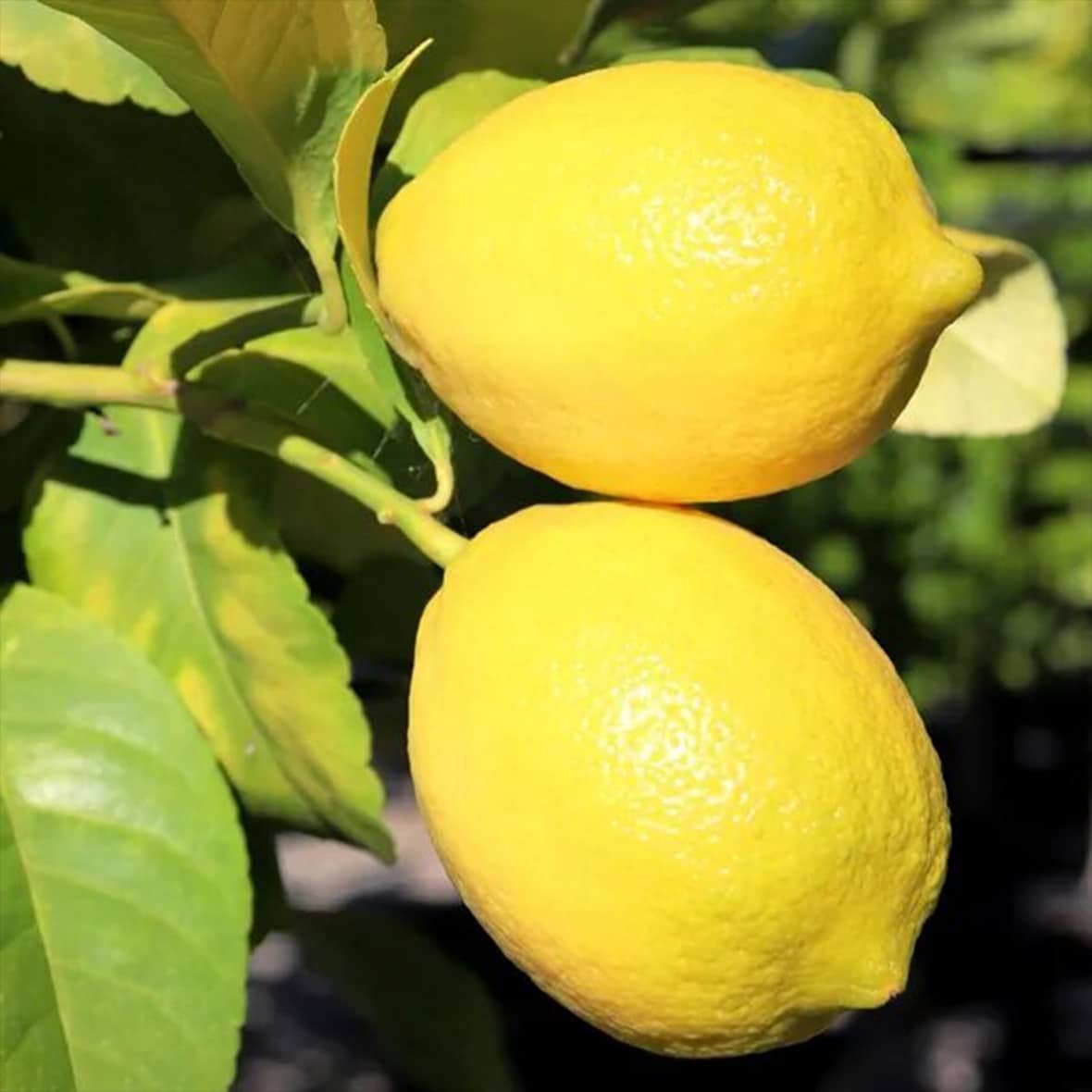We are open 9am-5pm Monday to Saturday
09 407 1645 | info@plantzone.co.nz
Lemons are a favourite Citrus tree to grow at home. They are a little colder sensitive than most other citrus trees, but when planted in the correct position, lemons are a fabulous addition to the edible garden and will reward with loads of juicy fruits.
The favourite varieties of lemons grown in the home are Meyer, Eureka and Lisbon
Meyer Lemons are a smaller growing tree and can grow to about 2 metres. They are great in smaller garden spaces or in pots. It has a milder, less acidic flavour with a smooth, thin rind. Meyer Lemons can produce fruit all year, but the main crop is in winter.
Lisbon Lemon trees grow to around 4 metres. This variety has more thorns than others and are more tolerant of cold conditions. They have a full lemon flavour and produce their main crop during winter.
Lemon Yen Ben is an improved selection of Lisbon lemon with excellent crops of large, oval fruit with few seeds. One of the hardiest of lemons. This is the FAMOUS KERIKERI’S LEMON.
Eureka Lemons have relatively few seeds, are virtually thornless and grow up to four metres in height. It can produce fruit in spring and summer, but the main crop is produced in winter. Eureka Lemon trees are more suitable than other varieties to grow in seaside gardens.
Lemons in pots and small spaces. There are varieties of dwarf lemons available that are ideal for smaller gardens and pots on patios and balconies. These are grafted to produce beautiful, full sized and full favoured fruits on a small growing tree. Discover the wonderful range of dwarf growing lemons available.




Enjoy the convenience of growing fresh and tasty lemons on your own tree.